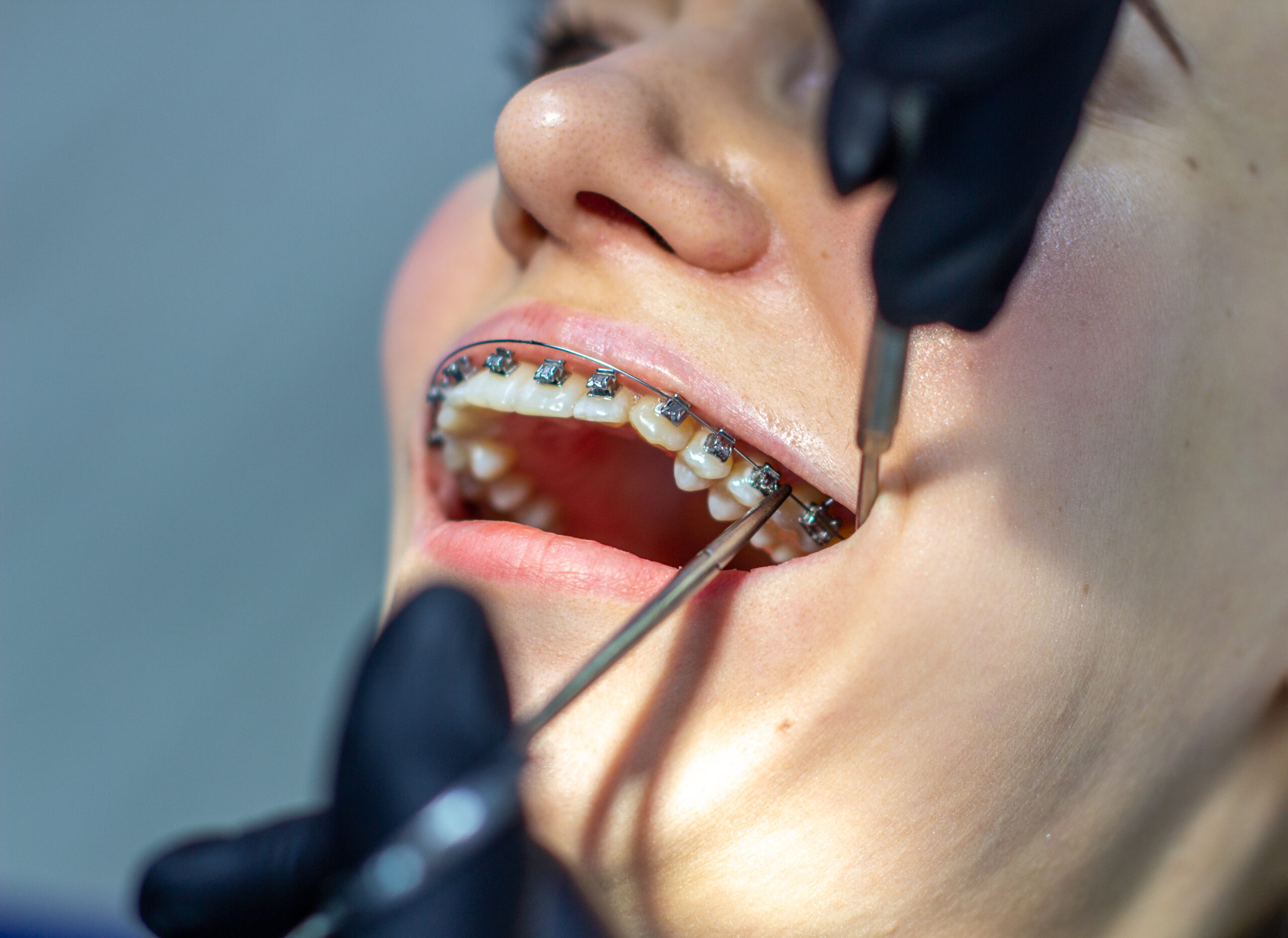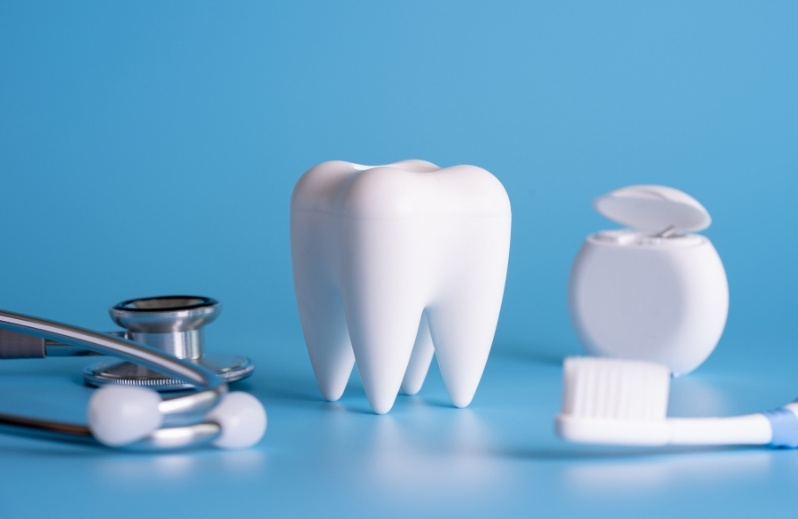Call: (810) 674-3060
Bad Breath (Halitosis) Solved: Dr. Shah’s Guide for Burton Residents

Persistent bad breath can be embarrassing, but you don’t have to suffer in silence. Research indicates that half of all adults will have halitosis at some time, and most of the reasons behind this oral condition are treatable with the right strategy. This article discusses what causes mouth odors, what you can do immediately, and when to schedule treatment with Dr. Shah at Burton Family Dental.
Why halitosis occurs (and where it begins)
Eight out of ten times, chronic bad breath begins in the mouth, not the stomach. The usual culprits are tongue coating, plaque biofilm, gingivitis or gum infection, and dry mouth that enables odor-carrying bacteria to flourish.
The quick science
Anaerobic bacteria on the back of the tongue and around inflamed gums release volatile sulfur compounds (VSCs), the “rotten-egg” smell. Increased levels of VSCs are associated with increased gum pockets and bleeding, and cleaning the tongue can significantly decrease those gases.
What you can do today
- Brush and floss routinely. Remove plaque twice daily and clean between teeth once a day. It’s the foundation.
- Clean your tongue daily. Tongue brushing is beneficial; scrape if you notice a coating.
- Moisturize your mouth. Stay hydrated with water, chew xylitol (sugar-free gum), and steer clear of alcohol or caffeine that dries out oral tissue.
- Watch out for oral appliances. If you use retainers or dentures, clean them daily to dislodge odor-holding biofilm.
A special note on dry mouth
Regular medications like antidepressants and drugs for heart disease decrease saliva flow and make halitosis worse. If your mouth usually feels dry, try to make changes in your routine to support saliva production, use mouth rinses, or lozenges that help stimulate flow.
When it’s time to visit a dentist
Call if breath is still bad after two weeks or more, you notice bleeding gums, or have a bad taste, or your friends mention odor despite your brushing. Sometimes a full exam by a dentist in Burton can cover checks for gingivitis, periodontitis, tonsil stones, and appliance cleanliness, and checks for non-oral causes when necessary.
Patients often start looking for a dentist in Burton only after halitosis affects their work or social plans. To treat bad breath in Burton, Dr. Shah begins with a prescription and medical history, periodontal charting, and tongue coating, then treats the underlying cause.
What treatment may include
- Professional periodontal therapy and oral cleaning are performed when gum disease is identified. (Inflammation reduction reduces VSCs.)
- Guided home oral care, including whether a tongue scraper suits your mouth.
- Saliva-promoting methods for drug-induced dry mouth.
- Referral to a medical doctor if dental causes are ruled out (sinusitis, acid reflux, or metabolic imbalance may be the cause).
Fresh mouth is achievable, and it starts with transparency. For bad breath treatment in Burton, the right diagnosis spares you momentary band-aids and delivers you long-lasting outcomes.




